Our modern world relies heavily on technology. From smartphones to power grids, we’ve woven a complex web of devices and systems into our daily lives. But what if, in the blink of an eye, it all stopped working? Let’s explore 18 unsettling consequences of a world without technology.
No More Internet

The internet would vanish instantly. We’d lose access to social media, online shopping, and streaming services. Email would be gone, cutting off a major form of communication. The vast wealth of online information would disappear, leaving us without quick answers to our questions. Our connected world would suddenly feel much smaller and more isolated.
Blackouts Everywhere

Cities would go dark as power grids fail. Homes and businesses would lose electricity, affecting lighting, heating, and cooling systems. Food in refrigerators and freezers would start to spoil. Hospitals would need to rely on backup generators, which would eventually run out of fuel. The night sky would become visible in urban areas, revealing stars many city dwellers have never seen before.
Transportation Grinds to a Halt

Most modern vehicles rely on computer systems to function. Cars, buses, and trains would stop working. Airplanes would be grounded, stranding travelers far from home. Traffic lights would go dark, causing chaos on the roads. Bicycles and horses might make a comeback as primary modes of transport. Getting around would become much slower and more physically demanding.
Financial Systems Collapse

Banks would shut down as their computer systems fail. ATMs would stop working, cutting off access to cash. Credit and debit cards would become useless pieces of plastic. The stock market would cease to function, potentially wiping out vast amounts of wealth. We’d need to return to a cash-based system or even barter for goods and services.
Communication Breakdown

Phone networks, both landline and cellular, would go silent. We’d lose the ability to instantly contact friends, family, and emergency services. Text messaging and video calls would vanish. People would need to rely on face-to-face communication or possibly revive old methods like letter writing. The speed of information spread would slow dramatically.
Medical Care Crisis

Hospitals rely heavily on technology for diagnostics, treatment, and record-keeping. Many life-saving machines would stop working. Surgeries would become riskier without modern equipment. Producing and distributing medications would become challenging. We’d need to revert to older, less efficient medical practices. Many people with chronic conditions would face serious health risks.
Food Production Challenges

Modern farming relies on technology for planting, harvesting, and distribution. Crop yields would decrease without advanced machinery and techniques. Food processing plants would shut down. Transporting food long distances would become difficult. We’d need to shift towards local food production and preservation methods. Many people might need to learn basic farming and food preservation skills.
Water Supply Issues
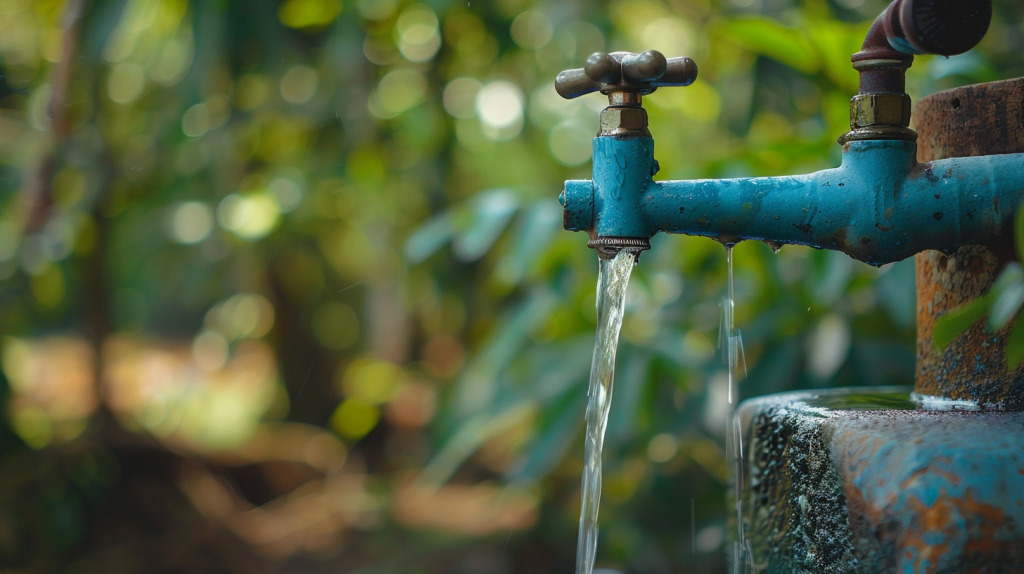
Clean water delivery systems often rely on electric pumps. Many areas would lose access to running water. Sewage treatment plants would stop functioning, potentially leading to sanitation crises. People might need to collect water from natural sources like rivers and lakes. Boiling or other purification methods would become crucial to avoid waterborne diseases.
Education Disruption

Schools and universities rely on computers and the internet. Online learning platforms would disappear. Access to digital textbooks and resources would vanish. We’d need to return to traditional teaching methods and physical books. Some specialized knowledge might be lost if it only existed in digital form. Education would become more localized and less standardized.
Manufacturing Standstill
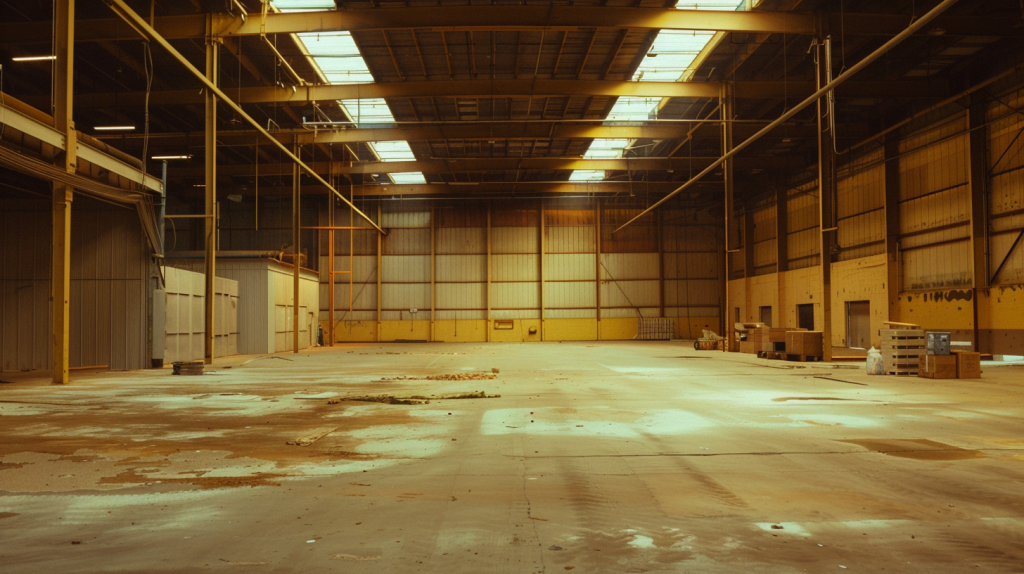
Most modern factories use computer-controlled machinery. Production of goods would slow dramatically or stop entirely. We’d face shortages of everything from clothes to construction materials. Craftsmanship and manual production methods would become more valuable. We’d need to relearn many old manufacturing techniques that have been largely forgotten.
Weather Forecasting Difficulties
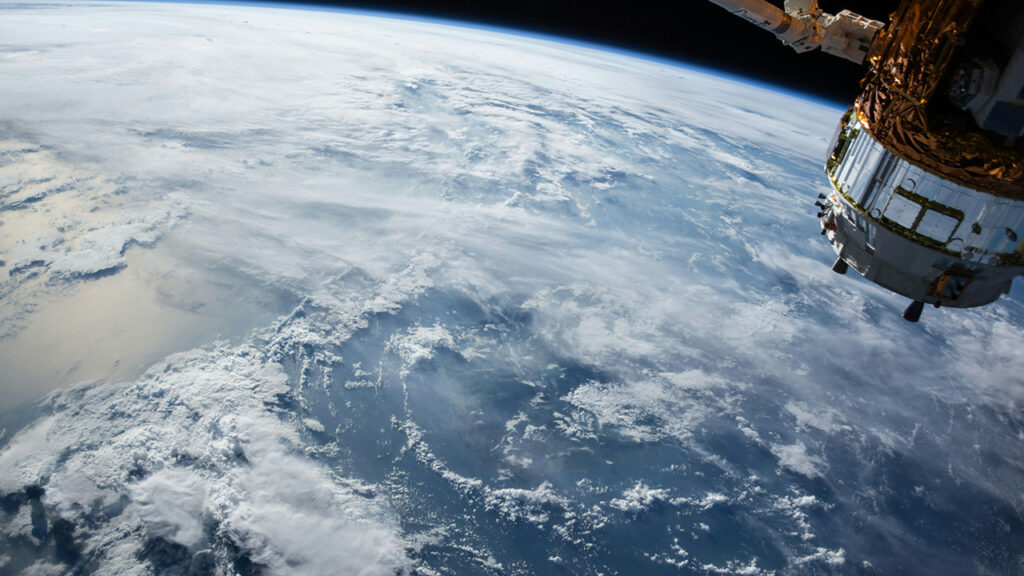
Without satellites and computer models, weather prediction would become much less accurate. We’d lose the ability to track and predict severe storms. Farmers would have a harder time planning their crops. We’d need to rely more on local knowledge and traditional weather prediction methods. Natural disasters could become deadlier without advanced warning systems.
Environmental Monitoring Challenges

We’d lose the ability to track global climate patterns. Monitoring pollution levels would become more difficult. Tracking endangered species and ecosystems would rely on direct observation. We might miss early warning signs of environmental problems. Conservation efforts could become less effective without data-driven approaches.
Loss of Digital Entertainment
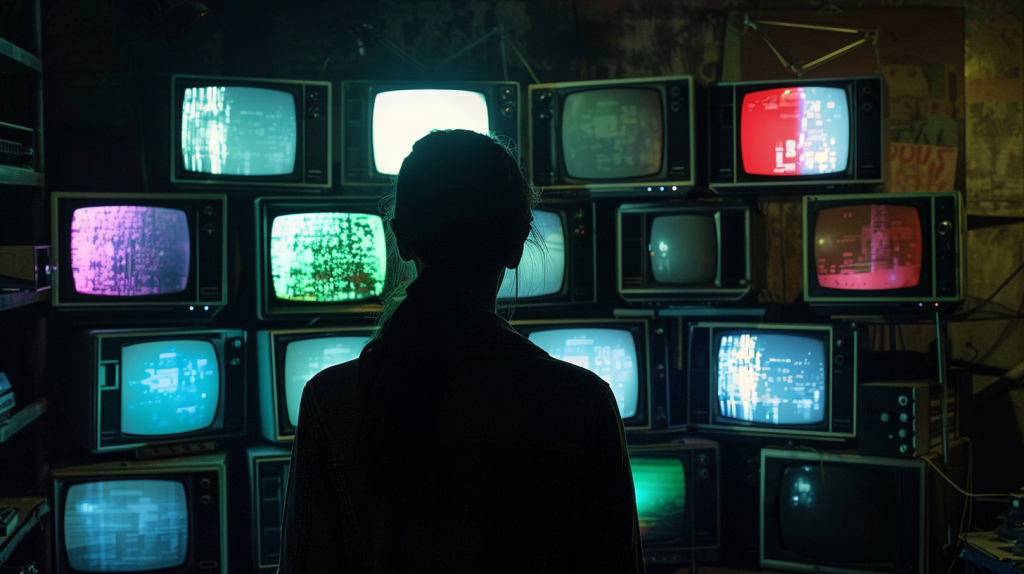
Streaming services, video games, and digital music would disappear. We’d need to return to analog entertainment forms like board games and books. Live performances would become more important for music and drama. We might see a revival of older entertainment forms like radio plays. People might spend more time in nature or socializing face-to-face.
Space Exploration Setback
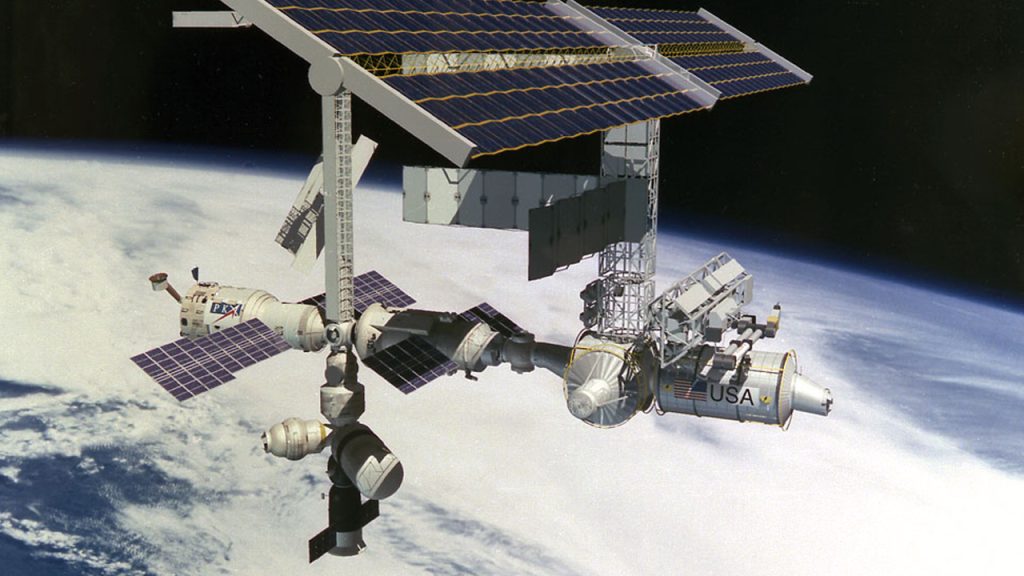
Our eyes in the sky would go dark as satellites fail. The International Space Station would be in danger without ground control. Future space missions would be put on hold. We’d lose much of our ability to study distant planets and stars. Our understanding of the universe might stagnate without advanced telescopes and probes.
Military and Defense Vulnerability

Modern weapons and defense systems rely heavily on technology. Countries would struggle to monitor their borders and detect threats. Communication between military units would become challenging. We might see a return to older forms of warfare and defense strategies. The global balance of power could shift dramatically.
Scientific Research Slowdown
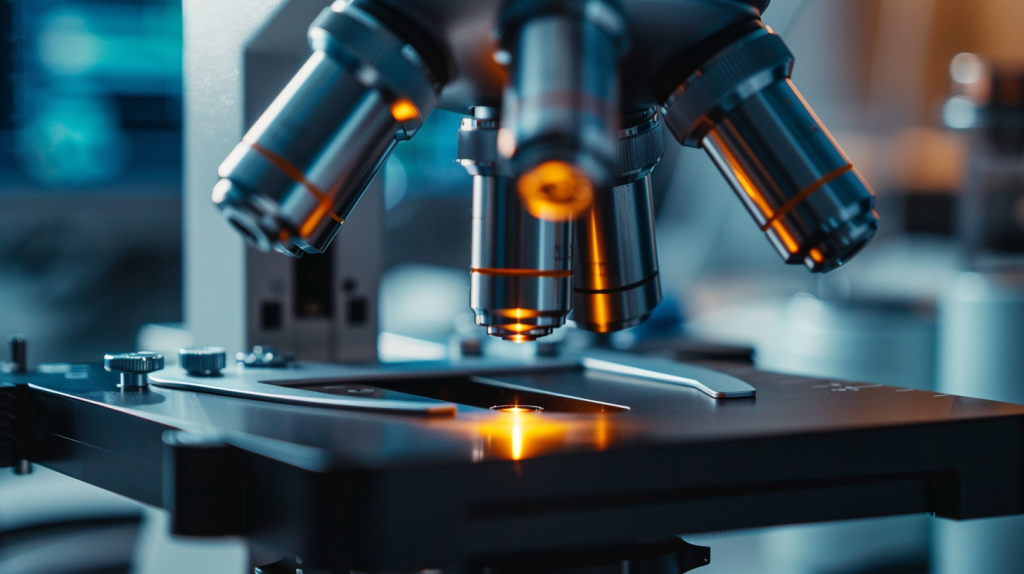
Labs around the world would lose access to crucial equipment. Data collected over years could be lost if not backed up physically. Complex calculations would become much slower without computers. Some areas of research, like genomics, would become nearly impossible. We might see a shift towards scientific fields that require less technological support.
Time-Keeping Chaos

GPS satellites provide precise time for many systems. Without them, clocks would gradually drift out of sync. This could cause problems for everything from business meetings to transportation schedules. We’d need to return to local solar time in many cases. The world might become less synchronized, affecting global cooperation.
Cultural Knowledge Loss

Much of our cultural heritage is now stored digitally. We could lose access to vast archives of books, music, and art. Languages and traditions preserved only in digital form might be lost. We’d need to rely more on oral traditions and physical artifacts. The task of preserving human knowledge would become more challenging and crucial.
Katy Willis is a writer, master herbalist, master gardener, and certified canine nutritionist who has been writing since 2002. She’s finds joy in learning new and interesting things, and finds history, science, and nature endlessly fascinating.
